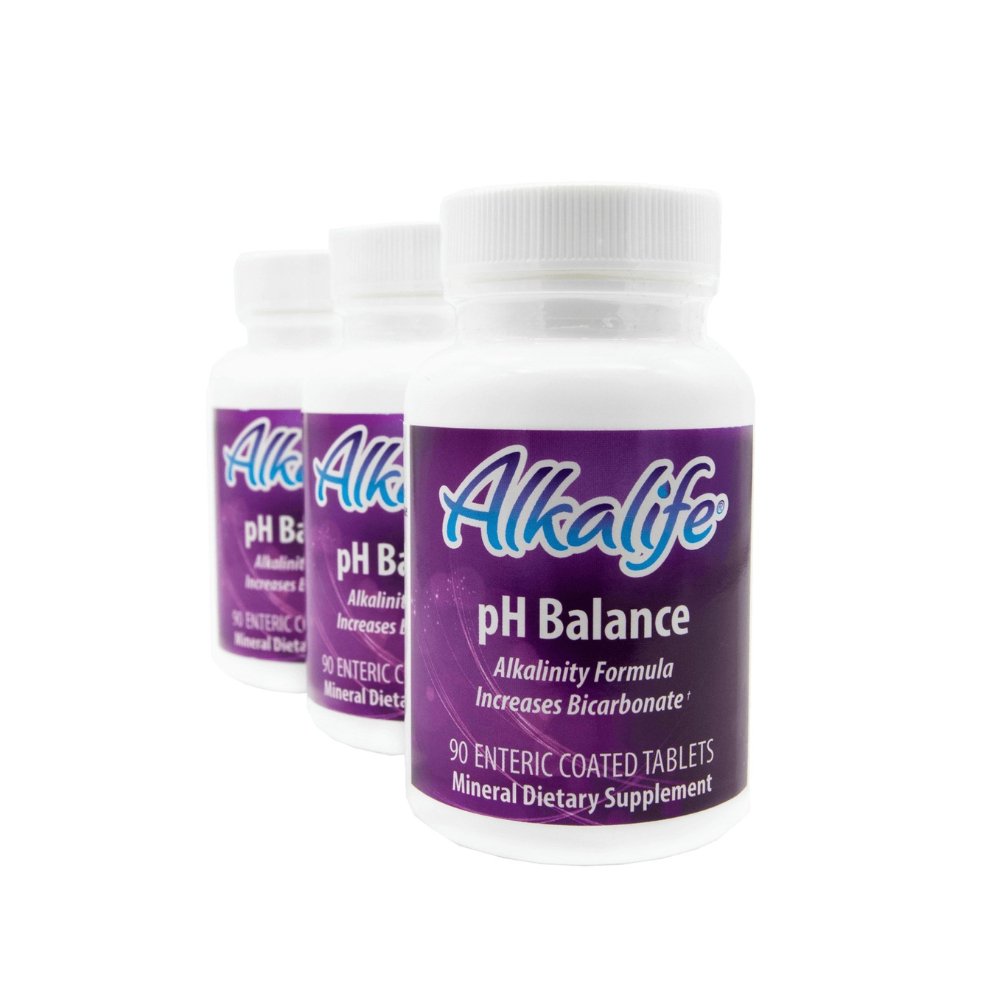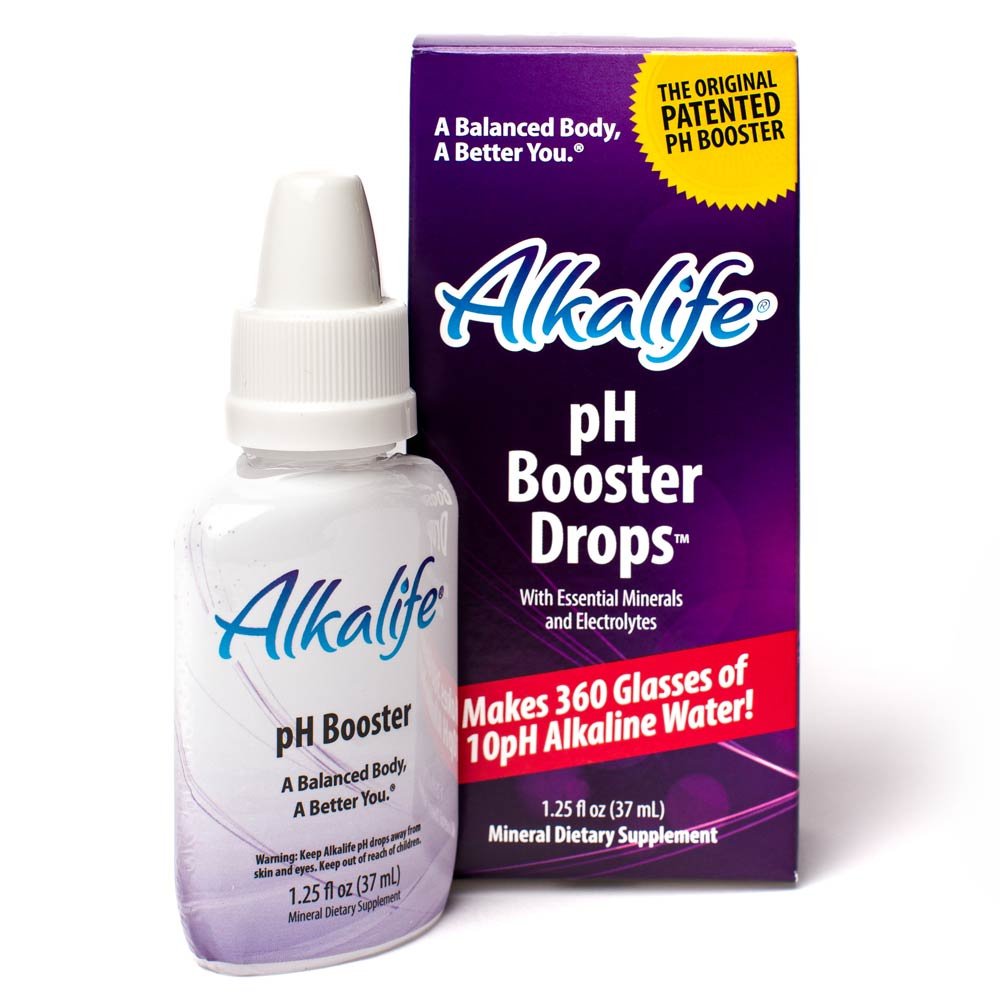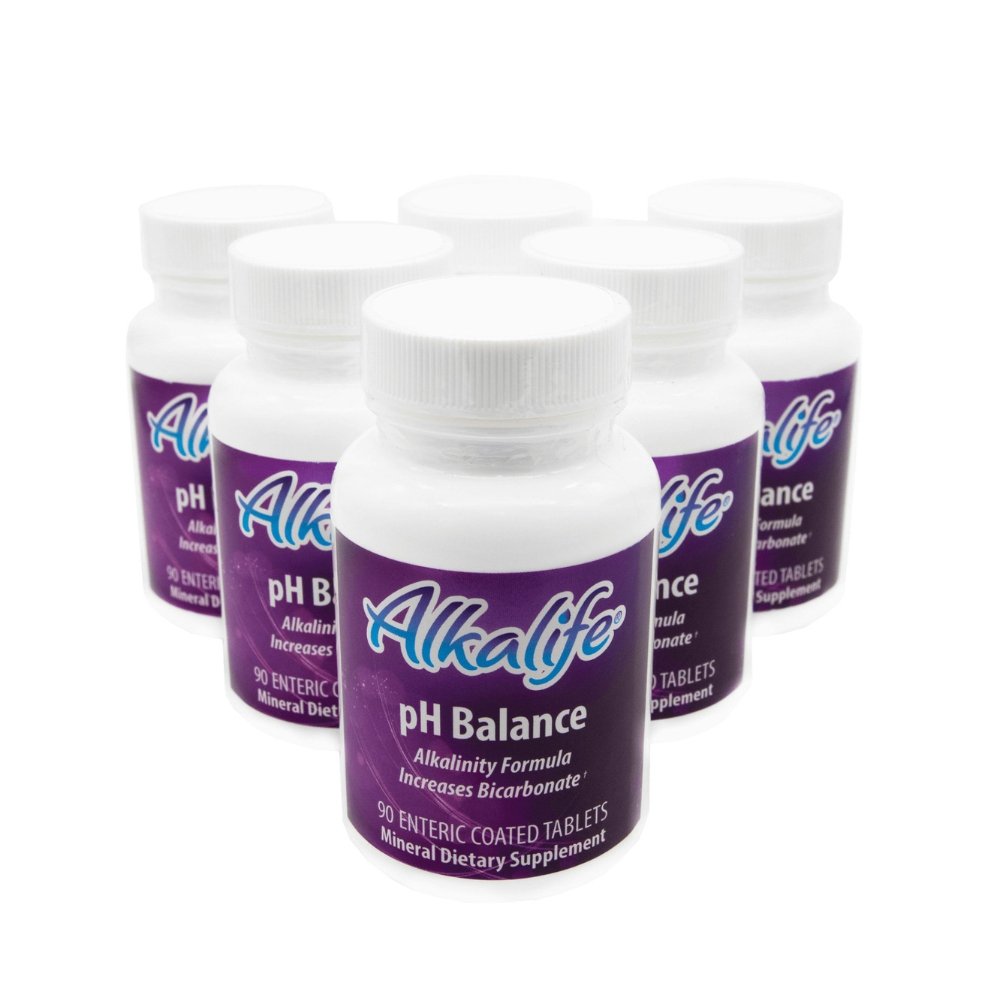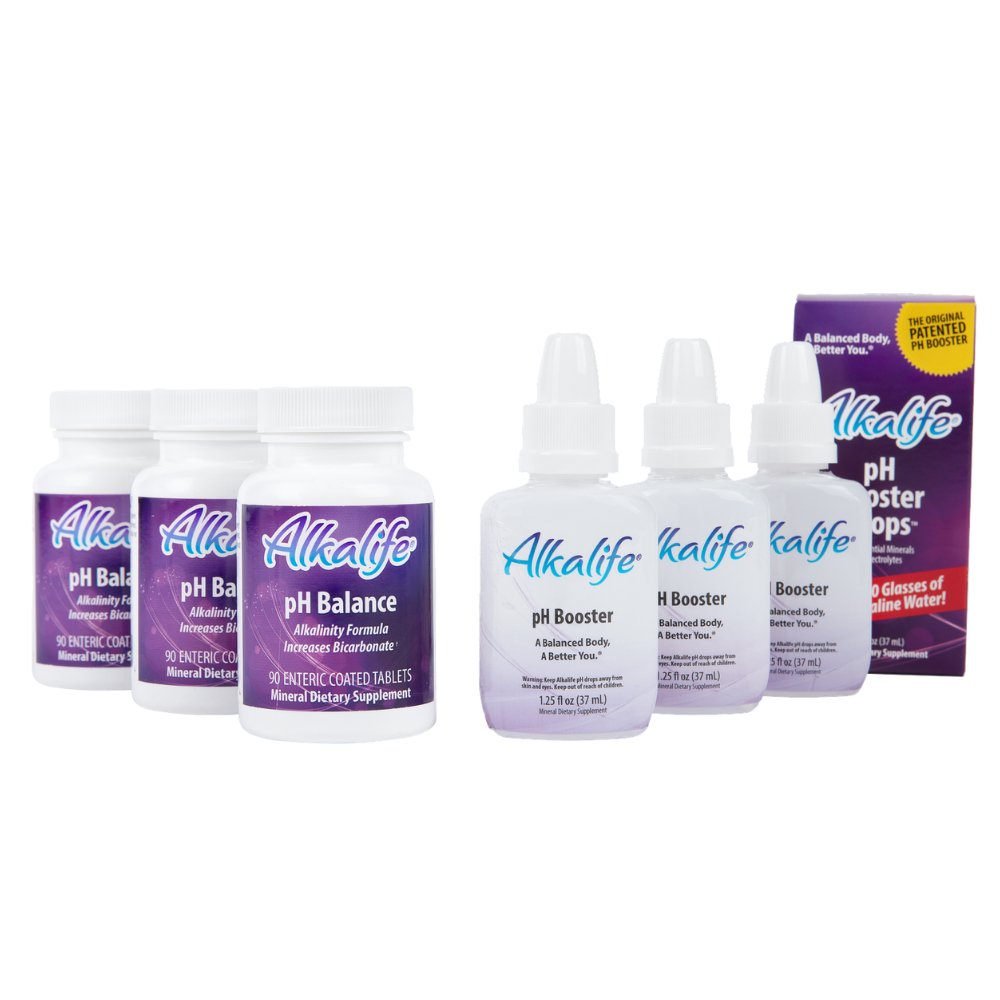Free US Shipping $49+ | 60 Day Money Back Guarantee
Free US Shipping $49+ | 60 Day Money Back Guarantee
From Sleep to Sweat: How Your Daily Hydration Impacts Overall Wellness
November 11, 2025 5 min read

Guest Author: Laura Watson
Water is indispensable for your body's optimal functioning. It serves as the medium for numerous biochemical reactions, regulates body temperature, and acts as a shock absorber for joints. As much as 60% of your body is composed of water, emphasizing its integral role. Yet, despite its importance, dehydration remains a common issue, affecting daily activities and overall health.
Hydration impacts every system in your body, from digestion to circulation. Ensuring that you maintain adequate fluid levels is crucial not only for physical health but also for cognitive function. Dehydration can lead to impaired concentration, reduced alertness, and even mood disturbances. For those with active lifestyles, combining proper hydration with pre workout supplements can further enhance energy levels and performance. Therefore, understanding hydration's significance is essential for holistic wellness.
Often overlooked, hydration also plays a vital role in your sleep quality and physical performance. Whether it's a restful night's sleep or an invigorating workout, water intake can either support or hinder your endeavors. Thus, prioritizing hydration can be a simple yet effective strategy for enhancing your day-to-day life.
How Water Intake Affects Sleep Quality
Water intake directly influences your sleep quality. Adequate hydration stabilizes your body's systems, promoting restful and uninterrupted sleep. When you're properly hydrated, your body can regulate temperature more effectively, reducing the likelihood of waking up due to discomfort. Pairing this with cozy wool duvets can further enhance your sleep experience by maintaining an optimal sleeping temperature throughout the night.
However, both overhydration and dehydration can disrupt sleep. Drinking excessive amounts of water close to bedtime can lead to nocturia, where the need to urinate interrupts sleep. On the other hand, dehydration can cause dry mouth and nasal passages, leading to snoring and sleep apneas, which fragment sleep cycles and reduce sleep quality.
To optimize sleep, aim to maintain a balanced hydration routine throughout the day. Consider avoiding large quantities of fluid in the evening to minimize sleep disruptions. Choosing lightweight summer duvets can also help keep you cool and comfortable during warmer nights. By understanding and addressing your hydration needs, you can enhance your sleep quality and overall well-being.
The Connection Between Hydration and Physical Performance
Hydration is a critical factor in physical performance. During exercise, your body loses water through sweat, leading to decreased blood volume and increased heart rate. This can result in reduced endurance, strength, and overall performance. Staying hydrated ensures that your muscles receive adequate oxygen and nutrients, enhancing your exercise capacity.
Dehydration also affects your body's ability to cool itself, leading to heat stress. Without sufficient hydration, your sweat rate decreases, causing your core temperature to rise. This not only impacts performance but also increases the risk of heat-related illnesses such as heat exhaustion or heat stroke.
To maximize physical performance, incorporate a hydration strategy that aligns with your activity level. This includes drinking water before, during, and after exercise. By doing so, you can maintain optimal body function, reduce fatigue, and improve recovery times, allowing you to perform at your best.
Recommended Daily Water Intake: How Much Do You Really Need?
 Determining the right amount of water to drink daily can be challenging, as it varies based on several factors. The commonly cited guideline is to drink eight 8-ounce glasses of water a day, known as the "8x8" rule. However, individual needs depend on factors such as age, gender, activity level, and climate.
Determining the right amount of water to drink daily can be challenging, as it varies based on several factors. The commonly cited guideline is to drink eight 8-ounce glasses of water a day, known as the "8x8" rule. However, individual needs depend on factors such as age, gender, activity level, and climate.
For a more personalized approach, consider the guidelines set by the National Academies of Sciences, Engineering, and Medicine, which recommend a daily water intake of about 3.7 liters (or 13 cups) for men and 2.7 liters (or 9 cups) for women. These amounts cover fluids from all beverages and foods consumed throughout the day.
Listening to your body's cues, such as thirst, is another effective way to gauge your hydration needs. Pay attention to the color of your urine as well; pale yellow indicates adequate hydration, while darker hues suggest the need for more fluids. Tailoring your hydration habits to your lifestyle ensures that your body remains in balance.
Signs of Dehydration and Its Impact on Sleep and Exercise
 Recognizing the signs of dehydration is crucial for maintaining health and performance. Common symptoms include thirst, dry mouth, tiredness, dizziness, and dark-colored urine. Ignoring these signs can lead to more severe consequences that affect both sleep and exercise.
Recognizing the signs of dehydration is crucial for maintaining health and performance. Common symptoms include thirst, dry mouth, tiredness, dizziness, and dark-colored urine. Ignoring these signs can lead to more severe consequences that affect both sleep and exercise.
During sleep, dehydration can cause discomfort and disrupt sleep patterns. It may lead to cramping, dry nasal passages, and increased heart rate, all of which can fragment your sleep. Over time, poor sleep quality can lead to a cascade of negative health outcomes, including impaired cognitive function and mood disturbances.
In the context of exercise, dehydration significantly impairs performance. Reduced blood volume and increased heart rate strain the cardiovascular system, leading to early onset fatigue and reduced endurance. Hydration is critical for maintaining peak performance and ensuring effective recovery post-exercise.
Tips for Staying Hydrated Throughout the Day
Maintaining hydration throughout the day requires a proactive approach. Here are some strategies to help you stay on track:
• Start Your Day Hydrated: Begin each day with a glass of water to jumpstart hydration.
• Carry a Water Bottle: Having a reusable water bottle at hand makes it easier to drink regularly.
• Set Reminders: Use alarms or apps to prompt regular water intake.
• Infuse Your Water: Add slices of fruits or herbs to improve taste and encourage consumption.
• Eat Water-Rich Foods: Incorporate foods like cucumbers, watermelon, and oranges into your diet.
By implementing these tips, you can create a consistent hydration routine that supports both your health and daily activities.
Hydration Strategies for Better Sleep
Enhancing sleep through hydration involves mindful practices. Here are some strategies to consider:
- Evening Hydration: Limit fluid intake 1-2 hours before bedtime to reduce nocturnal awakenings.
- Consistent Routine: Maintain a steady hydration pattern throughout the day to prevent dehydration at night.
- Monitor Caffeine and Alcohol: Both substances can lead to dehydration. Moderate consumption and balance with water intake.
- Create a Comfortable Environment: Ensure your bedroom is cool and humidified, as dryness can exacerbate dehydration symptoms.
By adopting these strategies, you can improve your sleep quality and wake up feeling refreshed and energized.
Pre- and Post-Workout Hydration: Best Practices Hydration before and after workouts is essential for optimal performance and recovery. Here's a guide to effective hydration:
Hydration before and after workouts is essential for optimal performance and recovery. Here's a guide to effective hydration:
- Pre-Workout: Drink 16-20 ounces of water 2-3 hours before exercising. Follow with 8-10 ounces 20-30 minutes before starting.
- During Workout: For workouts lasting more than 60 minutes, consume 7-10 ounces every 20 minutes. Adjust based on intensity and climate.
- Post-Workout: Rehydrate with 16-24 ounces for every pound lost during exercise. Include electrolytes to replenish lost minerals.
This hydration regimen ensures that you maintain energy levels, reduce the risk of injury, and support muscle recovery.
The Role of Electrolytes in Hydration
Electrolytes are minerals that play a critical role in maintaining fluid balance in your body. Key electrolytes include sodium, potassium, calcium, and magnesium. They help regulate nerve and muscle function, balance blood acidity and pressure, and rebuild damaged tissues.
During intense exercise or hot weather, your body loses electrolytes through sweat. Without adequate replenishment, you may experience muscle cramps, dizziness, and fatigue. Incorporating electrolyte-rich drinks or foods into your diet can help maintain this crucial balance.
To ensure proper electrolyte levels, consider sports drinks, coconut water, or electrolyte tablets during prolonged physical activity. Additionally, consuming a balanced diet with fruits, vegetables, and lean proteins can naturally support your electrolyte needs.
Conclusion: Prioritizing Hydration for Overall Wellness
Hydration plays a pivotal role in maintaining your overall wellness, influencing everything from sleep quality to physical performance. By understanding your body's hydration needs and adopting effective strategies, you can enhance your daily life and long-term health.
Make hydration a priority by integrating it into your routine and adjusting your habits as needed. Listen to your body's signals and respond accordingly to maintain balance. Remember, small changes can have a significant impact on your health and well-being.
Also in News

Hydration and Mental Clarity: Does pH-Balanced Water Affect Focus
December 01, 2025 6 min read
Read More
How Alkaline Water and Soft Towels Can Boost Post-Workout Recovery
October 19, 2025 7 min read
Read More











